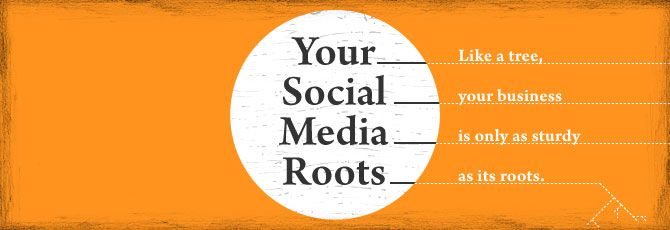That’s just stupid, honestly. I’ve seen so many “Is SEO Dead” threads
and articles popping up everywhere telling people that all hope is
lost, and that’s just ridiculous.
SEO will NEVER die, period!
You simply need to adjust your strategy a bit, write
high-quality content and stick to white-hat SEO techniques if you’re doing any form
of link building. That’s it, that’s all you need to do to “conquer” any
update Google throws at you.
If you write something on your website, ask yourself the following
question: “Is this what I want to see on Google’s first page if this is
what I searched for?” If you can answer honestly and it’s “yes”, then
you should be fine. It’s all about relevancy and user experience. If
Google feels you’re REALLY contributing to the WWW then they won’t touch
your rankings. But if you’re doing anything sneaky to try and fool
Google or just try to make a quick buck without providing sufficient
value to your readers, whatever good rankings you have now certainly
won’t last long. People who says
SEO is dead have no idea what they’re
talking about, they’re quitters, wannabes or most likely, -both.
- Here’s a breakdown of the 2 algorithm changes made by Google
that you can use to inspect, fix and master to avoid ever getting
slapped again.
Farmer/Panda Updates: As stated before, the
Panda update
was implemented to remove article directories and thin-content sites
(like minisites) from the SERPS. The de-indexing of many article
directories lead to a lot of sites losing backlinks on a major scale,
which is what caused some sites’ rankings to drop dramatically. More
recent updates (Dec 2011 – Apr 2012) targeted private blog networks like
SEO Link Vine (this one hit in Dec 2011 judging from personal
experience), Build My Rank and High PR Society just to name a few. Panda
was also said to target web 2.0 sites, but this varies depending on the
amount and quality of content posted on these sites.
- How to Fix your Site that was Hit by Google Panda?
Easy, focus your link building efforts on social networks and don’t
spam the living hell out of the internet with every flashy
SEO tool you
can get your hands on. Stick to white hat SEO and you’re good to go.
The Dreaded Penguin Updates: The Penguin update
focused more on the on-page SEO of sites, penalizing sites that had too
many stuffed keywords in every post or page. Sure, it also targeted
anchor text backlinks and obvious footprints from backlinking, but is
more focused towards your on-page content itself and not so much the
off-page factors.
- How to Fix your Site after being Penguin Slapped?
This is what I did, and it worked. Since I myself has been found
guilty of a bit of keyword stuffing here and there (especially the older
posts), I’ve had some keywords drop from page 1 into oblivion
overnight. Here’s what I did to fix my site after being hit by the
Penguin updates.

I
edited each and every one of my posts that made me money and removed
many duplicate keywords to get a keyword density of between 0.8% and
1.2%. My rankings are coming back in a big way, here’s a screenshot of
my Google Webmaster Tools account (on the left) to show you the proof
that this is the way to “beat Google Penguin”. These rankings have
disappeared but are making a big comeback after I’ve edited my posts.
Another thing that triggers a visit from the wrath of the Penguin, is
linking to unrelated sites. So delete any links pointing to outbound
sites that are unrelated, because that will get you slapped faster than
you can say “Penguin”.
That’s it, that’s all you need to do! I also suggest following
Matt
Cutts on
Google Plus and keep a close eye in what he has to say. Know
that it will take some time to get your rankings back, but if you follow
my advice it’s sure to come back sooner rather than later. Know that
SEO is NOT dead and it will never die, so ignore anyone telling you
otherwise.
You now have everything you need to know to
recover from both Panda and Penguin updates, so get to work and focus on producing great content mixed with relevant, white hat link building techniques.







